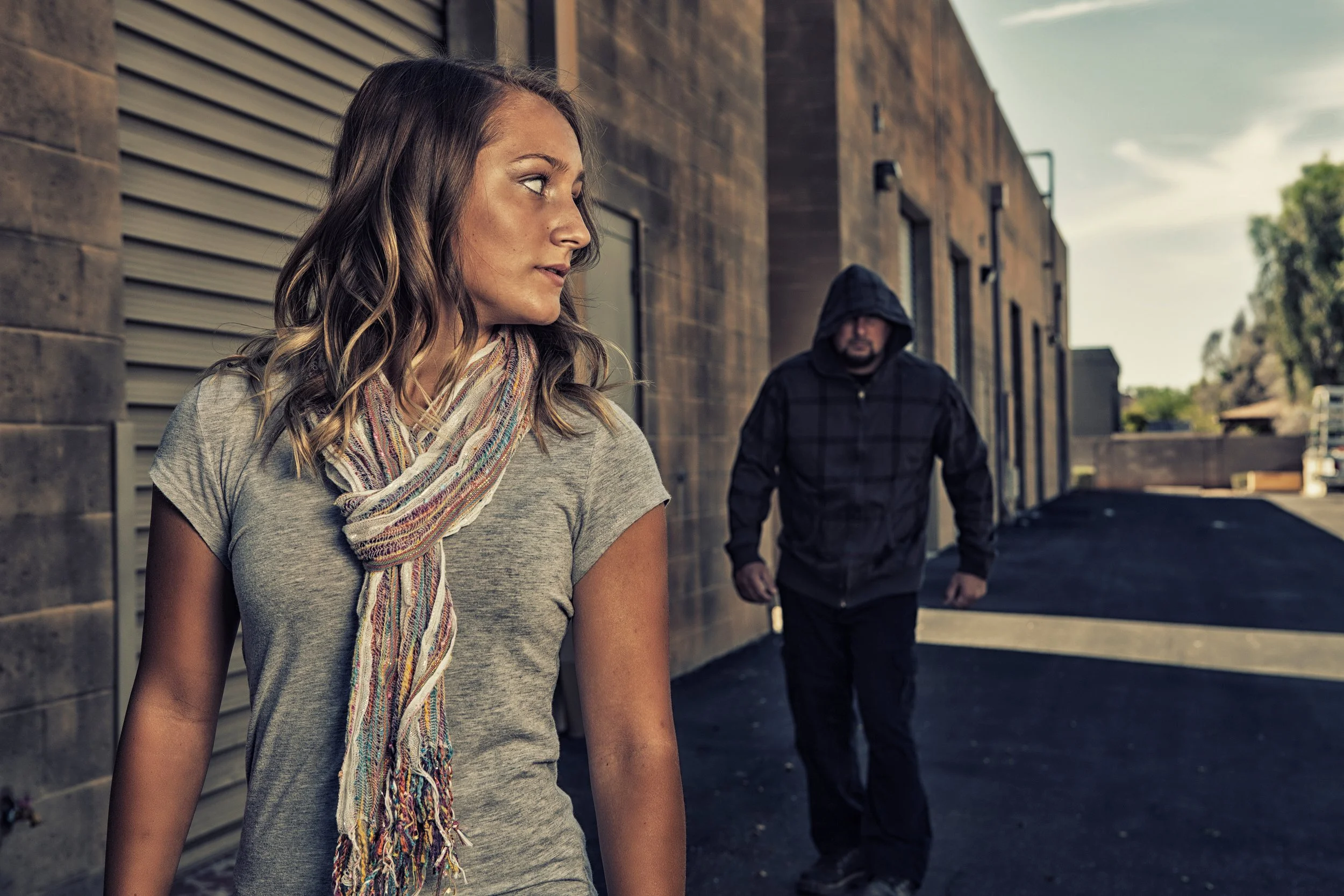Personal safety and security is a vital concern for everyone, whether you're at home, work, or out in public. It's important to take steps to protect yourself and your loved ones from harm and minimize the risk of becoming a victim of crime. Here are some tips to help you improve your personal safety and security:
Be aware of your surroundings: One of the most important things you can do to stay safe is to pay attention to your surroundings. Avoid walking or jogging with headphones on, and stay alert when you're in public places. Look for potential dangers, like suspicious individuals or unlit areas, and take action to avoid them.
Use good lighting: Proper lighting can deter criminals and make it easier for you to see potential hazards. Make sure your home and workplace are well-lit, especially at night. If you're walking or jogging outside, stick to well-lit areas and carry a flashlight if necessary.
Lock doors and windows: Make sure all doors and windows are locked when you're at home, and use deadbolts if possible. If you're traveling, make sure your hotel room is secure by locking the door and using the peephole before opening it.
Use security systems: Consider installing a security system on your person and at your home or workplace. This can include Virtual Halo®, cameras, alarms, and motion detectors. These systems can provide an added layer of protection and can deter potential criminals, while letting your emergency contacts know there is an active emergency.
Be cautious with personal information: Be careful with your personal information, including your social security number, bank account information, and passwords. Only share this information with trusted individuals and use secure methods for online transactions.
Trust your instincts: If something doesn't feel right, trust your instincts and take action. Avoid potentially dangerous situations and seek help if necessary.
Learn self-defense: Consider taking a self-defense class to learn basic techniques for protecting yourself. This can give you more confidence and help you feel safer in potentially dangerous situations.
Always have Virtual Halo on your Apple Watch or iPhone and have it ready to send an alert if you get into a challenging situation to let your emergency contacts know where you are and that you’re in trouble.
Personal safety and security is an important concern for everyone. By being aware of your surroundings, using good lighting, locking doors and windows, using security systems, being cautious with personal information, trusting your instincts, and learning self-defense, you can improve your personal safety and minimize the risk of becoming a victim of crime.







